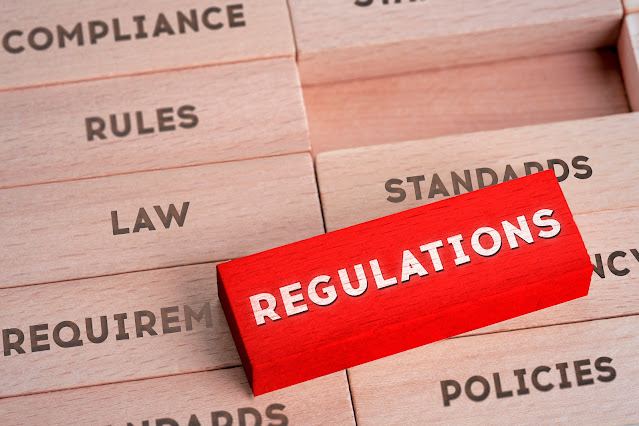Preventing Common HIPAA Privacy Breaches in Home Health Care
Staying on top of HIPAA compliance in your Homecare agency
Are clinicians in your homecare agency accidentally violating HIPAA laws without even knowing it? Preventing some of the most common breaches of client and patient privacy should be top of mind for home health care administrators, and in this blog we'll cover some of the best practices to ensure that.
Three ways to avoid HIPAA breaches
1. Eliminate unauthorized access to patient information
When your case managers have patients, sharing information about other patients is a HIPAA violation. Prevent this by utilizing assigned roles in your Homecare EHR software. Empowering clinicians with a tool to select their role upon login and having the dashboard only display information about their patient will lessen the likelihood of a HIPAA violation.
Keep your passwords not easily attainable, secure and lengthy to shield protected health information from prying eyes. The more used characters, the harder for hackers to get access. Use more character variety, combining capital letters, lowercase letters, numbers, and symbols to ensure no easy hacks. The fines for HIPAA violations can cost more than $25,000.00 per category each year.
2. Keep your devices secure
Using work devices solely for work purposes is the best practice, however, loss and theft of such devices are a violation of HIPAA. Whether you keep your devices at work exclusively, or you shuffle them between work and home, make sure your staff keeps all devices secure.
Devices that contain PHI drive the largest number of data breaches of patient records. This includes but is not limited to work computers, but also means phones, iPads/tablets, USB drives, and other electronic devices are all game. Keep doing regular risk assessments and real-world scenarios, which can help your team and make sure that you don’t get stuck with a HIPAA violation and ensuing fine.
3. Keep your information simple and sparse
When you are speaking with clinicians of other healthcare providers, it is important to always stick with the minimum necessary rule. You may be thinking to yourself that if you’ve worked with VA authorizations before, that case managers tend to send long-form care plans. These documents are heavily encrypted and secured. Not just anyone can access this information and the minimum necessary information that you need is quite a bit. As an example, if your caregiver accompanies a client to the doctor’s office, it’s important for them to understand HIPAA rules. It is ALWAYS important to know what information they can and can’t share. Make sure that mobile clock-in apps are password protected and secured along with the patient information contained within their care plans to be extra safe.
STAY ON TOP OF IT
Staff awareness is the best tool to prevent and avoid HIPAA violations in your home health agency. Use secure technology like good home health software, password-protected platforms, and solid common sense to create the most secure work environment. With so many fines and ways to violate HIPAA, putting client and patient safety first should be your agency's top priority behind patient care
HIPAA Reference links:
Whatare the penalties for HIPAA violations?
HIPAA
compliance enforcement agreements




Comments
Post a Comment